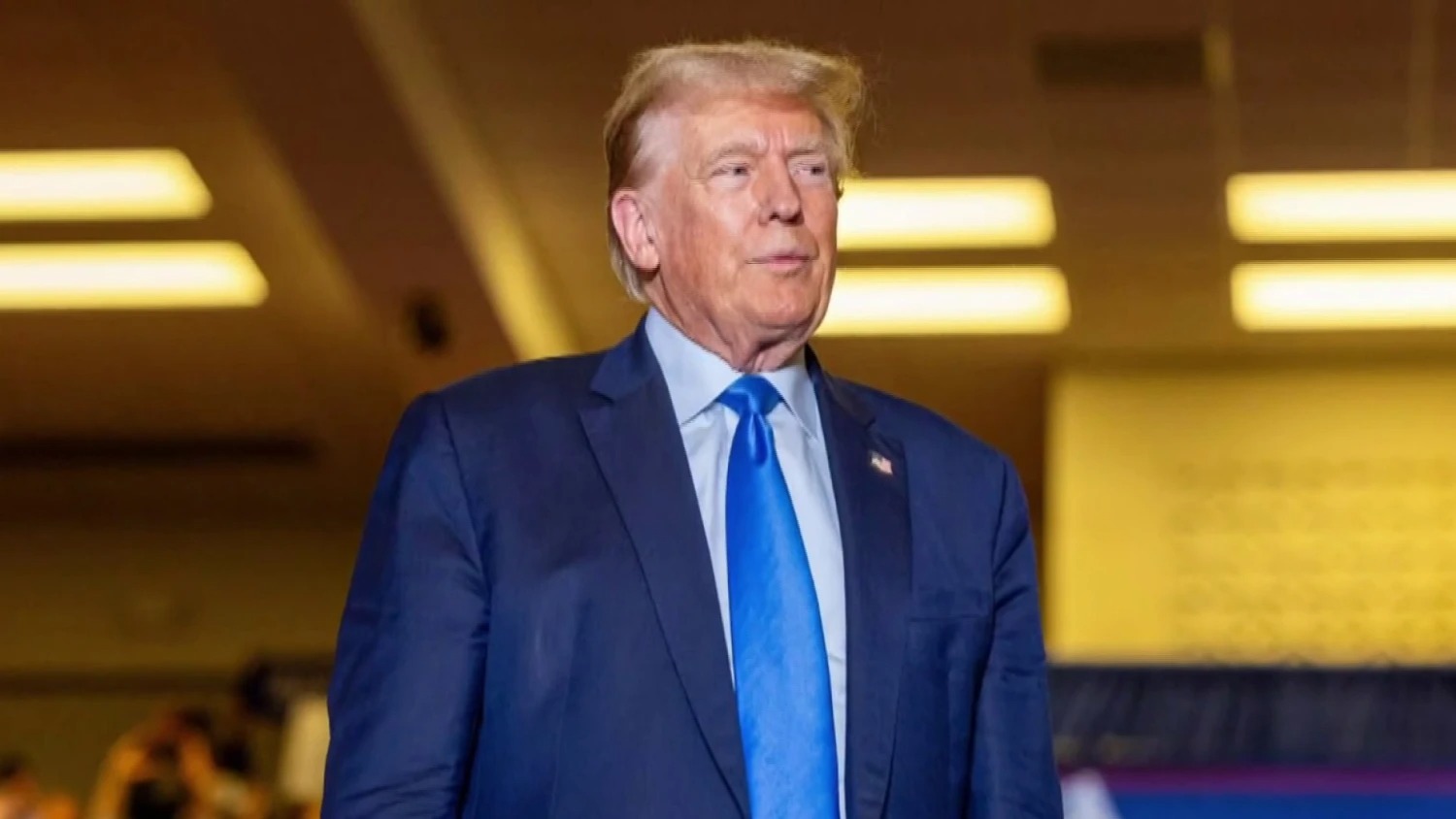Former President Donald Trump’s attempt to lift a gag order imposed on him as part of a federal criminal case faces a challenging reception in the United States Court of Appeals. The order, issued by US District Court Judge Tanya Chutkan, restrains Trump from publicly criticizing prosecutors, potential witnesses, or court personnel involved in the case. Trump’s lawyer, D John Sauer, argues that the order infringes upon the First Amendment right to free speech, while judges express concerns about the potential impact of Trump’s charged rhetoric on the fairness of his upcoming trial.
Judicial Skepticism Unveiled
The three-judge panel at the US Court of Appeals for the District of Columbia signaled a skeptical stance towards Trump’s appeal. During Monday’s hearing, Judge Cornelia Pillard questioned Sauer about the lack of consideration for the fair trial interests in his arguments. The judges probed whether Trump’s outspoken remarks could compromise the integrity of the trial, highlighting the delicate balance between free speech rights and the need for a fair legal process.
Unprecedented Order Sparks Constitutional Debate
The courtroom witnessed a clash of legal perspectives as Sauer contended that the gag order is unprecedented, setting a concerning precedent for future restrictions on essential political speech. Emphasizing the constitutional angle, he asserted that the order infringes upon the core principles of the First Amendment. This constitutional debate underscores the complexity of the case and the potential far-reaching implications on the boundaries of free speech within the realm of high-profile legal proceedings.
Gag Order Suspended Amidst Legal Maneuvering
As the legal battle unfolds, the gag order imposed by Judge Chutkan has been temporarily suspended during Trump’s appeal. This suspension allows Trump the freedom to criticize the Justice Department, President Biden, and even the presiding judge herself. Notably, Chutkan’s ruling permits Trump to maintain that the prosecution is a partisan retaliation against him. The suspension adds an intriguing layer to the proceedings, raising questions about the delicate balance between protecting the legal process’s integrity and preserving the right to express opinions on politically charged matters.
In the midst of this legal saga, the frontrunner for the Republican nomination in the 2024 election, Trump, faces the intricate challenge of defending his right to free speech while confronting the pressing need for a fair trial. The judges, including Democratic appointee Judge Patricia Millett, emphasized the necessity of precision in addressing the scope of the gag order. Department of Justice lawyer Cecil VanDevender clarified that the order still allows Trump to make broader arguments about the case’s integrity, emphasizing the careful calibration required in navigating the intersection of free speech and the legal process.
The outcome of this appeal carries significant implications not only for Trump’s legal battles but also for the broader discourse surrounding the boundaries of free speech in the context of high-profile criminal cases. The judges, withholding any indication of their ruling timeline, leave the nation awaiting a decision that could shape the dynamics of legal proceedings involving prominent figures for years to come.















